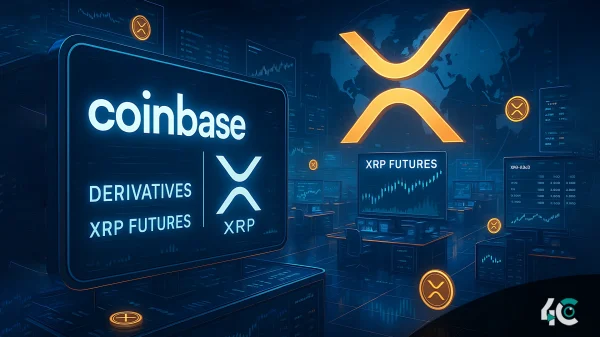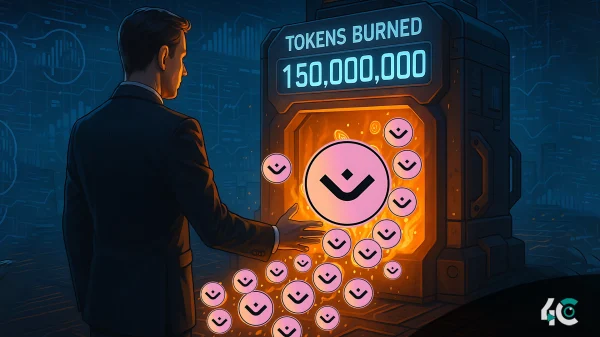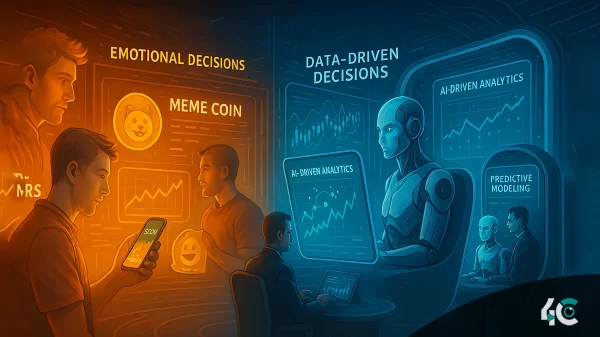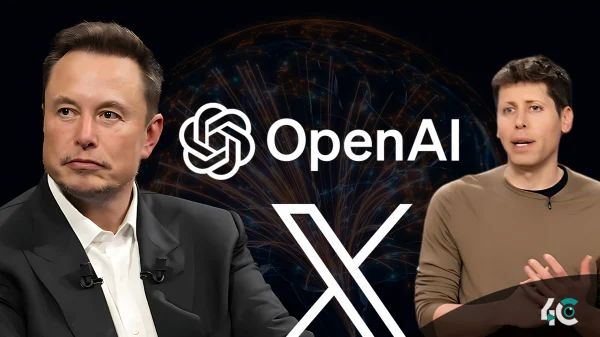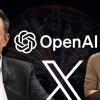How DApps Are Solidifying The Future Of Web 3.0?
An application that uses a decentralized computing system is called a DApps (decentralized application). With the advent of distributed ledger technologies (DLTs) such as the Ethereum blockchain, DApps have become ubiquitous. DApps are typically open-source, decentralized, and rewarded with tokens to those who validate the DApp.
What is web 3.0?
Future internet revolutions will be based on Web 3.0, a continuation of Web 2.0. There is still a heated debate over Web 3.0. While some believe we have already entered this period, others argue that we have a long way to go.
What’s the history of the internet, what is it like, where are we today, and hwo will it be in future?
History
In the 1990s, Web 1.0 allowed users to view content, but they couldn’t interact with the website. In this way, the online pages appeared like digital papers on the screen. At the time, HTML was the most popular programming language.
In the 2000s, new technologies such as RSS and AJAX enabled internet users to interact with the internet. Forums and social networks emerged in this era of the internet. The world is becoming more connected. As a result of Web 2.0, users could request material.
Web 3.0’s real-world challenges
With the advent of the Semantic Web, the web can comprehend the data it offers. It is possible to mark and classify content in order to facilitate the sharing, reusing, finding, and combining of information. Using this web extension, users are able to communicate data in a standard format and to record how part of the data relates to real objects. These links will be made to databases.
To enable computers to comprehend speech, it is used in conjunction with Artificial Intelligence, mainly Natural Language Processing (NLP). To understand the meaning of the words in the text, the computer uses Artificial Intelligence (AI) and machine learning.
This step involves recognizing and classifying specific text elements based on their grammatical and logical meanings. The method will improve search engines’ understanding of humans and permit search engines to provide much more relevant and time-saving results.
Users will likely receive more relevant search results due to semantic web and artificial intelligence integration with search engines. This is true even for long-tail searches.
What will happen if it is implemented in the actual world?
Think about holiday preparations, for example. You usually spend a lot of time finding lodging, restaurants, and activities when planning your next vacation. Isn’t it tiring at times? In Web 3.0, you can search complex things like “I want to book a luxury hotel for two weeks and visit several renowned historical places.”
Similar to what Google currently does, but with greater depth, the search engine will analyze your query and present results based on your query. What makes this idea unique is that it will make it appear as if you have an assistant that searches for you.
In the future, artificial intelligence will assist search engines in providing customized search results based on a user’s preferences.
It will seem like having your own assistant when it comes to searching with this tailored method. Web 3.0 can be defined in a variety of ways, but one thing unites them all: it will be extremely intelligent. The network will link people, apps, concepts, and data.
Security and privacy will be a concern since everything will be connected. It is most useful to conduct a web search based on your preferences and the things you are interested in. How would we be able to be secure in the era of Web 3.0?
Blockchain to enable Web 3.0
Smart contracts can be used to interconnect and securely store smart-data using semantic blockchain technology. With a decentralized ledger, many distinct applications will be able to operate independently without having to rely on a central server. dApps can track and connect data from other applications to specific information. Our daily lives will become more and more online as we move into the Web 3.0 age.
Several crucial factors must be considered if you want your website to remain competitive. Initially, users will be able to access any online information from wherever they are. If you want to optimize for mobile, tablet, or desktop, then you should probably think about device optimization. Adaptive and responsive design is the most effective method. It is ideal to use cross-platform development tools for this, since they will enable us to better meet the expectations of our customers.
Conclusion
A fully functional Web 3.0 is still a long way off. It is unknown when every website will provide semantic data to assist Web 3.0 search engines. Nevertheless, Web 3.0 will have a profound impact on our online lives, making it easier to find anything and keep our private information safe while searching online.




